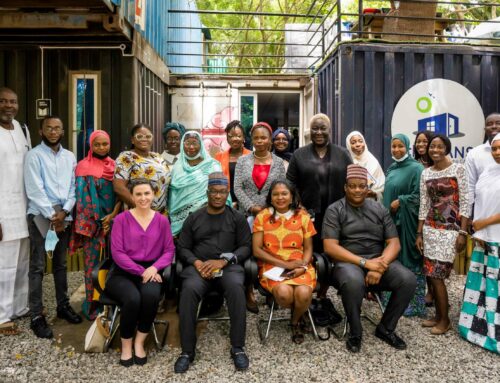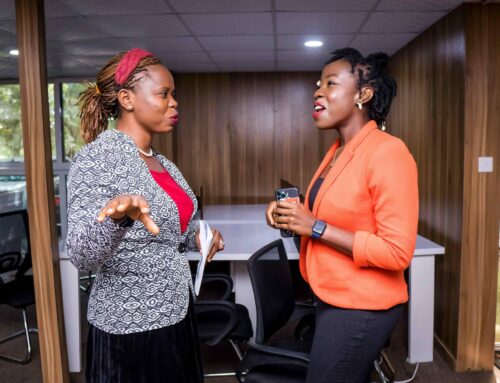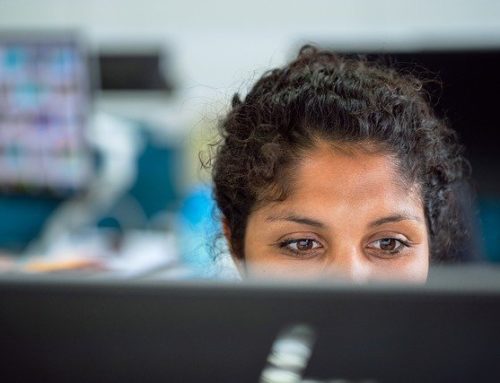A recent op-ed on the Center for Global Development’s website argued that more female data scientists are needed around the globe, and that is indisputable: Women account for just 15 percent of those involved in that discipline throughout the world, including 17 percent in Nigeria.
That same op-ed went on to point out that data is, as a result, subject to the biases of those compiling it:
The choices that data scientists make about how to measure, collect, organize, and analyze the data they use influence the insights they derive and open the door to bias at every stage of the data value chain. Consciously or not, data scientists embed their values, interests, and life experiences into the data they handle, shaping outcomes in line with their understanding of the world. In this sense, datasets and algorithms can be thought of as “encoded sets of values.â€
A piece in South Africa’s Mail & Guardian went one step further, asserting that in Africa data has been intentionally used over the years to reinforce long-held biases and stereotypes, the result being that oppressive policies like apartheid have flourished. The writer, Paballo Chauke, goes on to contend that while science is often depicted as being objective and apolitical, it is only as good as those immersed in it — that in fact it can be political, “because it is in constant conversation with power in all spheres of society.â€
There are countless examples of the manner in which data informs decision-making and policy-making. Three cited by the Center for Global Development were the design of restrooms and crash-test dummies, and the use of hiring algorithms by such companies as Amazon. Restrooms, it was pointed out, are designed without consideration for the health and safety of women, while crash-test dummies are often fashioned like the bodies of young men, the result being that women are more likely than men to suffer serious injury in a car accident. As for Amazon, its algorithm was dependent on the previous resumes that had been submitted, which were largely from men, meaning that the technology learned that males were more preferable candidates.
So again, it can’t be emphasized enough how necessary it is for women to gain a foothold in this field. Data, labelled “the new oil†by British data scientist Clive Humby in 2006, is exploding. While two zettabytes of it were created, copied, captured or consumed around the world in 2010, that number is expected to mushroom to 74 zettabytes by the end of 2021, then double by 2024.
Initiatives such as Technology Enabled Girl Ambassadors, which has produced an app that enables girls in Nigeria and five other nations to compile data within their communities, is a step in the right direction. But the bigger challenges involve the mentoring and education of women. Around the globe, just 30 percent of female higher-education students are involved in science, technology, engineering and mathematics (STEM), and the challenges involving literacy and numeracy are even more acute on a grassroots level.
The Center for Global Development cites statistics showing that in low- and lower-middle-income nations, the literacy rate among men (76 percent) dwarfs that of women (61 percent). So that’s the first hurdle, the first step toward making data more reflective of the world at large — education. It is an uncertain one, to be sure, but one that must be taken.





Leave A Comment